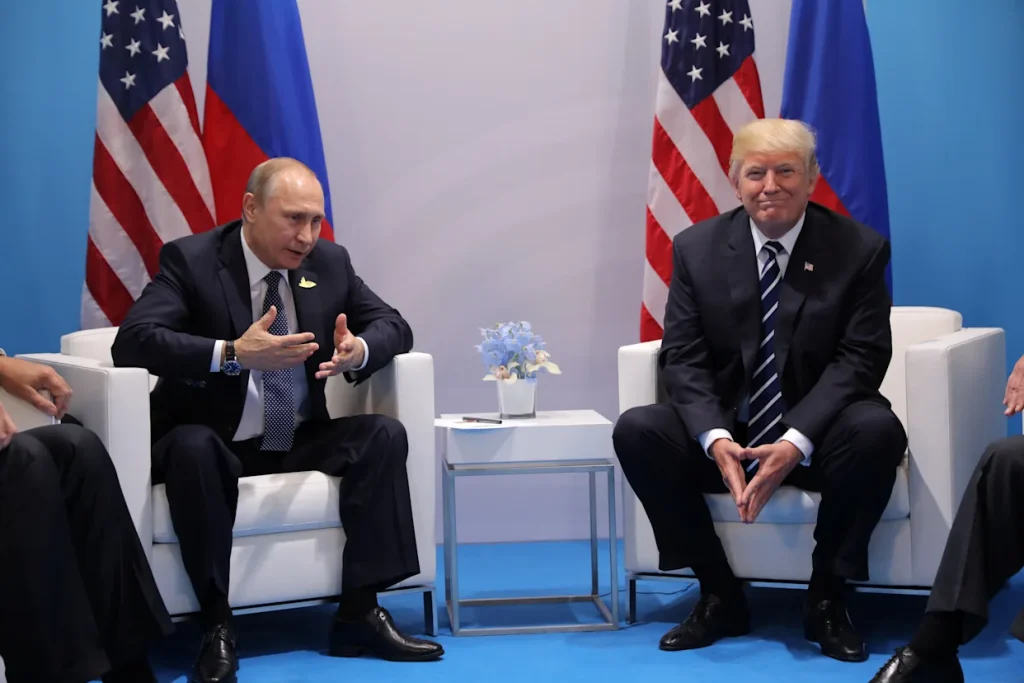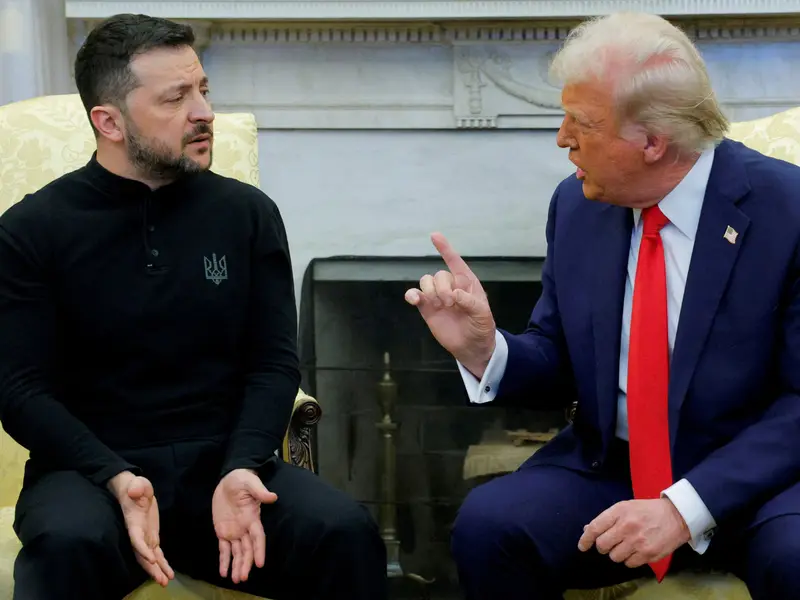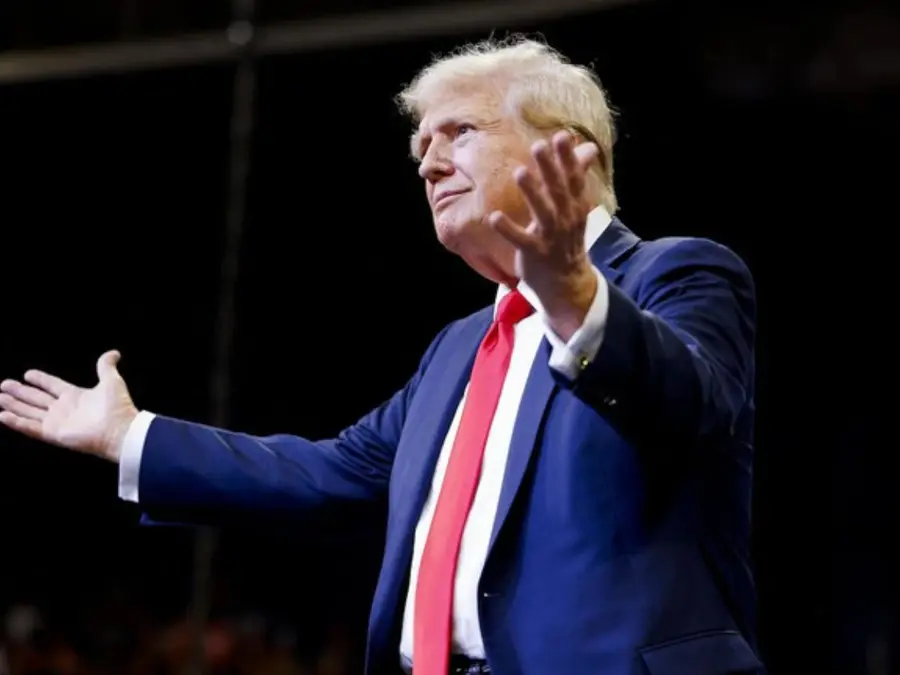Following his second round of talks with Ukrainian President Volodymyr Zelensky, former U.S. President Donald Trump signaled readiness to escalate his personal involvement in the Russia–Ukraine peace process. Confident that he can broker a breakthrough, Trump announced plans for a direct meeting between Russian President Vladimir Putin and Zelensky at an as-yet-undisclosed location.

The shift in tone from earlier meetings is notable. Zelensky’s February visit to Washington had been marked by a solitary appeal for military and political support. This time, however, he arrived with prominent European leaders at his side—an image of collective backing that likely influenced the tenor of discussions. Afterward, Trump described the encounter as “very good,” stressing that security guarantees for Ukraine, to be underwritten jointly by European partners and coordinated with Washington, were central to the dialogue.

Zelensky, however, offered a more cautious perspective. Drawing on Ukraine’s historical disappointments, he reminded that the 1994 security assurances—known as the Budapest Memorandum—failed to prevent Russia’s annexation of Crimea in 2014. “Crimea should not have been surrendered then, just as Kyiv, Odesa, and Kharkiv have not been given up since 2022,” he asserted, framing Ukraine’s ongoing resistance as a fight for sovereignty rather than bargaining leverage.
Following the talks, Trump phoned Putin directly, informing him of the preliminary arrangements for a trilateral meeting involving himself, Putin, and Zelensky. He portrayed the initiative as an “early step” toward ending a war now nearing its fourth year. Trump further disclosed that Vice President JD Vance, Secretary of State Marco Rubio, and Special Envoy Steve Witkoff were actively engaged in coordinating with both Moscow and Kyiv.
While Trump casts his involvement as a bold push for peace, skeptics may question both the feasibility and optics of his initiative. The prospect of Trump as a mediator—particularly given his often-contentious stance toward NATO and admiration for Putin—could unsettle European allies who fear concessions might come at Ukraine’s expense. Moreover, Zelensky’s insistence on meaningful and enforceable guarantees underscores the reality that superficial agreements will not be enough to secure Ukrainian trust.
If successful, Trump’s envisioned trilateral could mark the first direct U.S.-brokered attempt to bring Putin and Zelensky to the same table. Yet, the road ahead remains fraught: Moscow’s military objectives have not shifted, Kyiv remains uncompromising on sovereignty, and Europe is wary of any deal that trades stability for appeasement.



